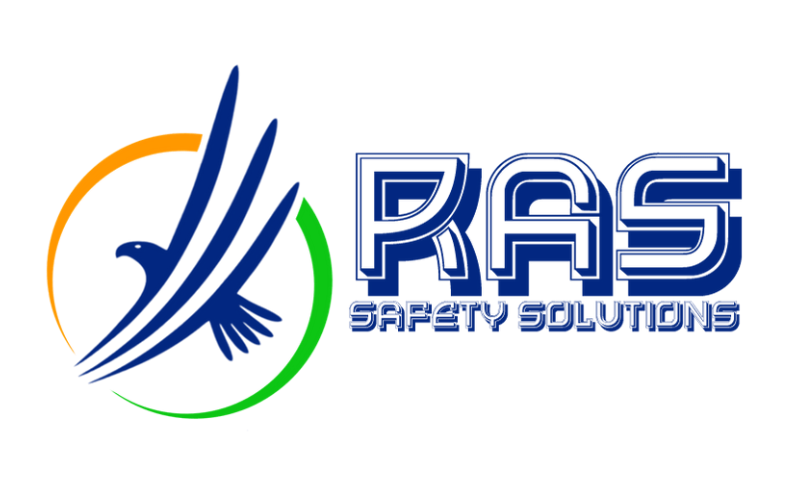
ELECTRICAL SAFETY TRAINING
Overview:
The Electrical Safety Training course is designed to provide participants with the knowledge and skills needed to recognize, evaluate, and control electrical hazards in the workplace. This course is particularly valuable for individuals who, while not qualified electricians, are exposed to electrical risks that are not fully mitigated by standard electrical installation practices. Participants will learn how to work safely around electrical conductors, equipment, and systems, and how to reduce the risk of electric shock and other electrical injuries. The training is essential for anyone who works near energized electrical conductors, such as those found in open junction boxes, distribution systems, or other electrical installations.
Key Contents:
-
Introduction to Electrical Safety
- Importance of Electrical Safety in the Workplace
- Overview of Electrical Hazards and Risks
- Legal and Regulatory Requirements for Electrical Safety (e.g., OSHA Standards)
-
Understanding Electrical Hazards
- Types of Electrical Hazards: Shock, Arc Flash, Burns, and Electrocution
- Common Sources of Electrical Hazards: Exposed Conductors, Faulty Equipment, Wet Conditions
- Electrical Shock: Causes, Symptoms, and First Aid
- Arc Flash: Understanding the Dangers and Prevention Methods
- Fire Hazards: Electrical Fires and How to Prevent Them
-
Safe Work Practices
- Basic Electrical Safety Rules: Lockout/Tagout (LOTO), Use of PPE, Safe Work Distances
- Identifying and Controlling Hazards: Risk Assessment and Hazard Mitigation Techniques
- Use of Tools and Equipment: Insulated Tools, Voltage Detectors, and Grounding Techniques
- Working Near Energized Electrical Equipment: Precautions and Best Practices
- Personal Protective Equipment (PPE): Selecting and Using the Right PPE for Electrical Work
-
Electrical Safety in Specific Environments
- Working in Wet or Damp Locations: Special Precautions and Safety Measures
- Confined Spaces: Electrical Safety Considerations in Restricted Work Areas
- Overhead and Underground Power Lines: Safe Work Practices and Clearance Requirements
- Electrical Safety for Maintenance and Repair Tasks: Best Practices for Non-Electricians
-
Emergency Response and First Aid
- Responding to Electrical Emergencies: Safe Procedures for Rescuing Shock Victims
- First Aid for Electrical Injuries: CPR, Treating Burns, and Managing Shock
- Reporting Electrical Incidents: Documentation and Communication Protocols
- Developing an Emergency Plan: Preparing for Electrical Emergencies in the Workplace
-
Case Studies and Practical Exercises
- Analysis of Real-Life Electrical Accidents and Lessons Learned
- Hands-On Exercises in Hazard Identification and Safe Work Practices
- Group Discussions on Electrical Safety Scenarios and Solutions
- Simulations of Emergency Situations and Rescue Drills
-
Final Review and Assessment
- Recap of Electrical Safety Concepts and Procedures
- Assessment of Participants’ Knowledge Through Quizzes or Practical Tests
- Group Feedback and Discussion on Course Outcomes
- Certification of Completion for Participants Who Meet Course Requirements
Course Duration:
-
Standard Course: 1 Day (8 Hours)
- A focused session covering essential electrical safety practices, ideal for workers who occasionally encounter electrical hazards in their daily tasks.
-
Extended Course: 2 Days (16 Hours)
- A more in-depth course with additional hands-on training, case studies, and practical exercises, designed for those working regularly in environments with significant electrical risks.
Learning Outcomes:
-
Electrical Hazard Recognition: Participants will be able to identify and assess electrical hazards in various work environments.
-
Safe Work Practices: Learners will understand and apply safe work practices to minimize electrical risks, including the use of PPE and safe working distances.
-
Emergency Preparedness: The course will equip participants with the knowledge to respond effectively to electrical emergencies and provide first aid for electrical injuries.
-
Regulatory Compliance: Attendees will gain an understanding of relevant electrical safety regulations and standards, ensuring compliance in their workplace.
By the end of the Electrical Safety Training course, participants will be well-prepared to work safely around electrical systems, reducing the risk of accidents and injuries, and ensuring a safer workplace for themselves and their colleagues.


